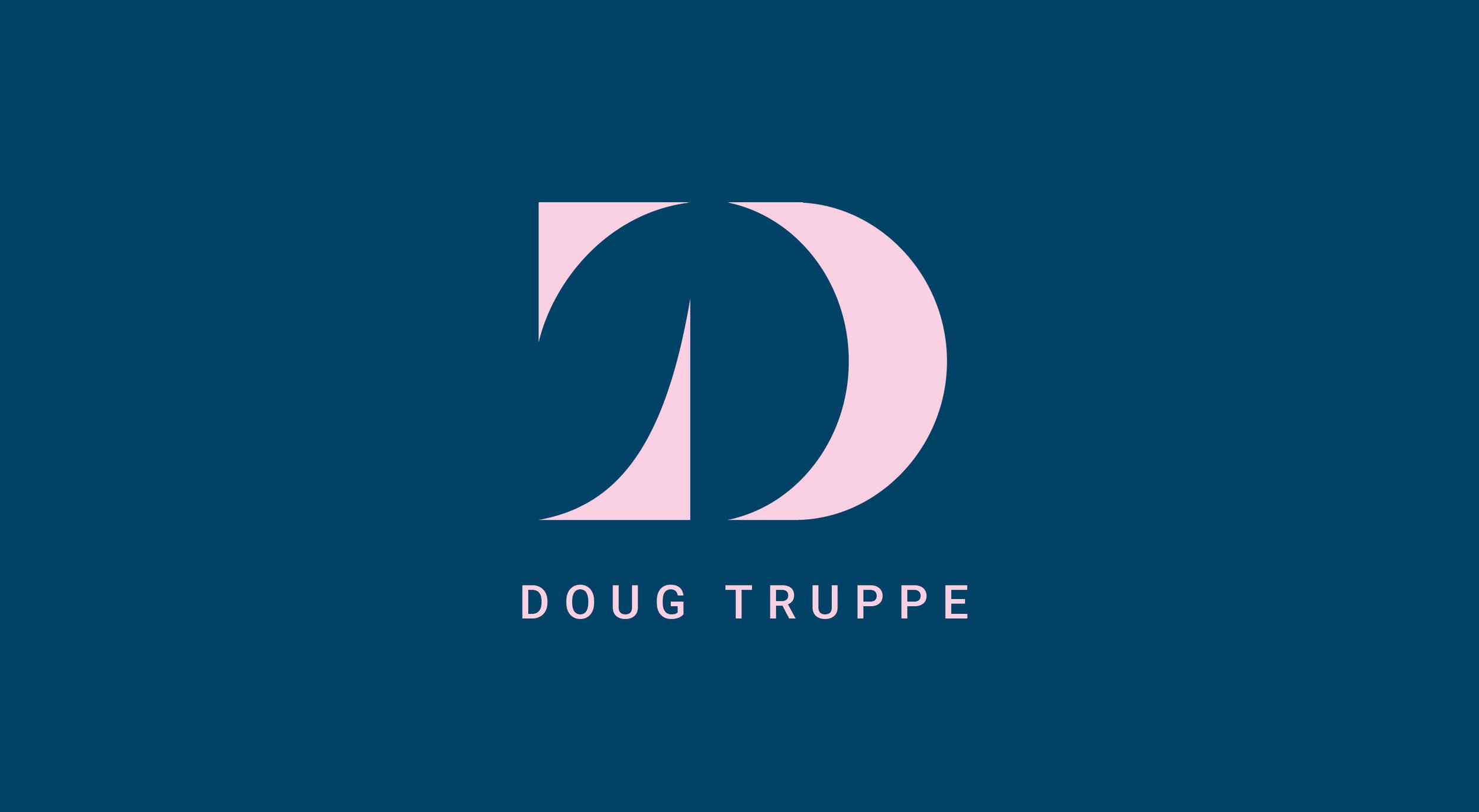Please join us as we address various issues and mental health challenges on a weekly basis creating a forum for communication and solutions with experts in advertising and mental health. In this week’s topic, “Work Burnout: The Hidden Epidemic in Today’s Workforce,” Doug Truppe and Gabriel Most, LCSW RN explore the dynamics and challenges Burnout can create in the context of employment and career achievement.
Work burnout is a state of mental, physical, and emotional exhaustion that happens when prolonged stress at your job leaves you feeling drained, cynical, and unproductive. It’s more than just a bad week; it’s a chronic sense of being overwhelmed, disconnected from your work, and unable to meet constant demands.
In American society today, burnout is a widespread phenomenon.
Signs and Symptoms of Employee Burnout
1. Physical Symptoms
Chronic fatigue, exhaustion and other somatic disturbances like headaches, muscle pains and sleep disturbances.
2. Emotional Symptoms
Feeling detached, cynical about work. Mood swings and increased irritability. Feelings of self-doubt, failure and preoccupation with “Imposter Syndrome.”
3. Behavioral Symptoms
Decreased productivity and motivation. Withdrawing from responsibilities or colleagues. Procrastination or taking longer to get tasks done.
Causes of Work Burnout
1. Work-Related Factors
Excessive workload and long hours. Lack of control over work tasks and unclear job expectations.
2. Organizational Causes
Poor management or lack of support. Dysfunctional workplace dynamics and lack of recognition and financial compensation for actual hours logged.
How to Manage Work Burnout
1. Self-Care Strategies
Prioritize regular breaks and rest. Maintain healthy sleep, nutrition, and exercise habits. Practice relaxation techniques (e.g., meditation, deep breathing)
2. Workplace Strategies
Set clear boundaries between work and personal life. Delegate tasks when possible. Communicate openly with supervisors about workload when tasks become unmanageable.
3. Seek Support
Reach out to colleagues, friends, or mental health professionals. Consider counseling or employee assistance programs.
Employee Burnout might feel like the “New Normal,” but research shows that many agencies are having challenges retaining a loyal productive workforce. What have been your experiences around work burnout and how did you address it? We’d love to hear from you.
Gabriel Most, LCSW RN , www.GMosttherapy.com
Contact me to share your stories: hello@dougtruppe.com


















































